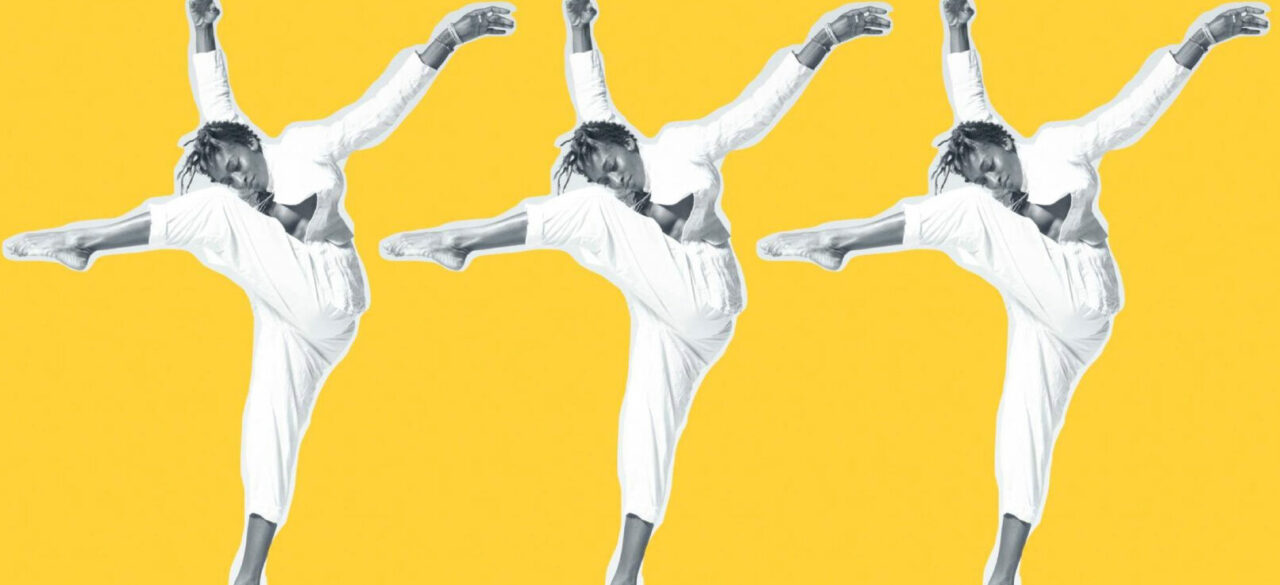Origin of Genres: Soca- SOul of CAlypso

Soca was born in the Caribbean island of Trinidad and Tobago in the early 1970s as an effort to revive calypso, a traditional form of Afro-Caribbean music, that had been losing popularity amongst younger generations due to the rise of reggae, soul, and funk.
Have you ever been to a coffee shop where they misspelled your name on the cup? Sometimes it’s funny, other times it’s annoying. For Lord Shorty, the inventor of the term “Soca”, a typo in a newspaper article permeated his legacy. Sokah, as he called the music influenced by African and East Indian rhythms, was misspelled as Soca in a local newspaper when reporting on the fresh new music genre. Lord Shorty commented on the error but decided to leave it like that to avoid confusion. Talk about annoying.
Soca began developing in the early 70s fusing calypso, reggae, chutney, latin, zouk, and West African rhythms. It started as a sound project in Trinidad. The goal was to find a way of recording traditional Calypso in a multi-track era. Musicians who were a part of the initiative were Angus Núñez, Carl Henderson, David Bootman, Robin Imamshah, and Clarence James working at the KH Studios. Amongst the earlier hits to come out of this project was “Idrani” by Lord Shorty.
Garfield Blackman, “Lord Shorty”, known as the father of Soca, started out his career writing and performing in the calypso genre, but shortly after started experimenting by fusing calypso with elements of indo-Caribbean music giving birth to “the Soul of Calypso”, Soca, in the 70s.
Although named the Soul of Calypso, Soca music has little to do with soul music, instead fusing rhythmic elements from East India and the musical style of calypso. Lord Shorty named the genre Sokah because of that East Indian influence, paying tribute to the way it would be written and spoken by their Indian peers.

Over the years Soca music started to evolve as musicians started to experiment with fusing Soca with other rhythms from the Caribbean. Amongst the most popular sub-genres are Afrosoca, Ragga Soca, Groovy Soca, and Parang Soca.
Soca helped Caribbean culture and music spread around the world, a prime example of this being the Caribbean Carnival celebrations held in New York, featuring Harlem Calypso and Brooklyn Calypso.
Today, Soca and its variants are very much alive not only in the Caribbean, but across the world thanks to the Caribbean diaspora. Soca is still evolving today and has influenced a lot of the subgenres of pop that are still popular in the sunny islands where it first originated.


